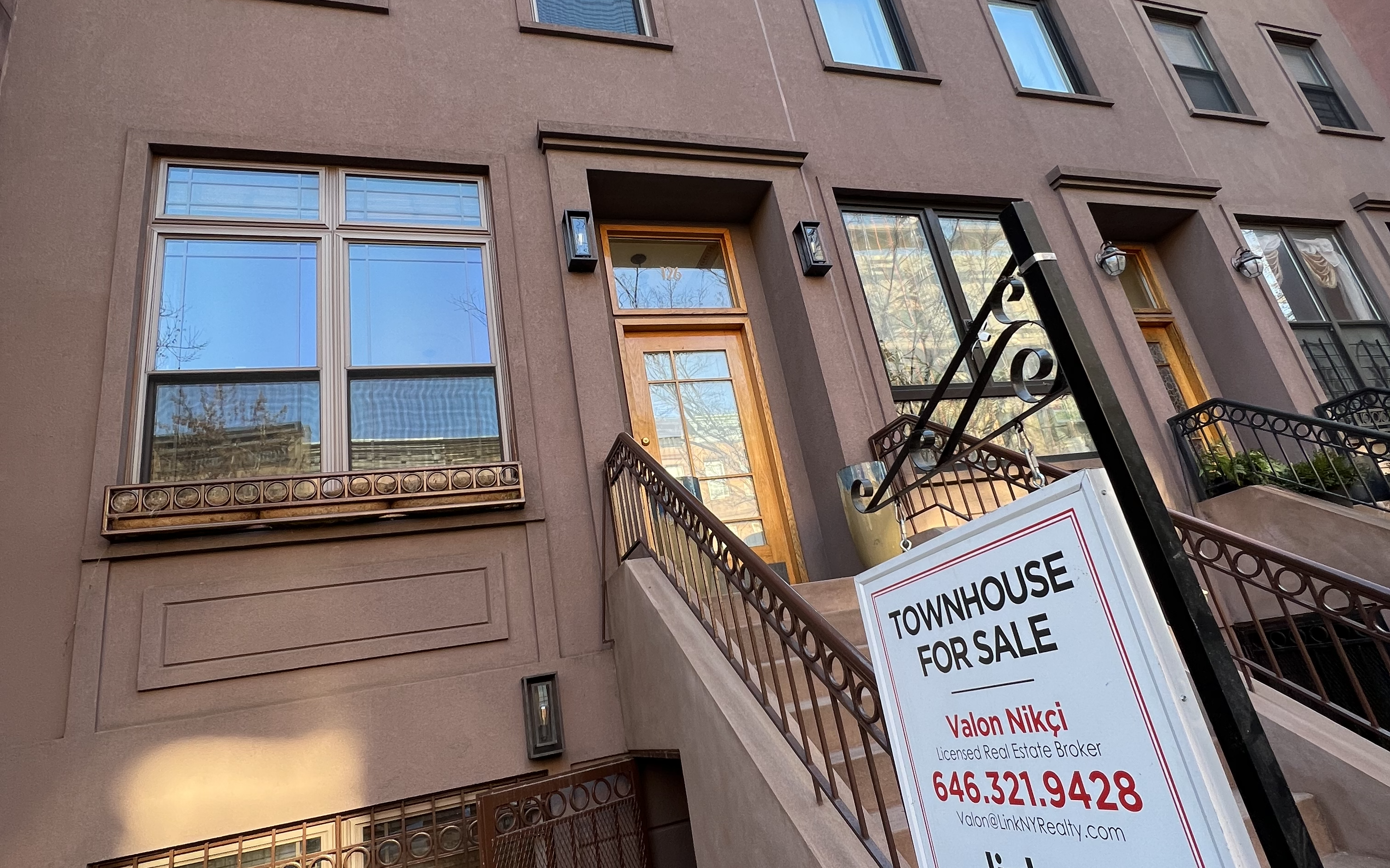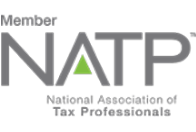Almost any type of asset you own whether for investment (like a stock, bond, or real estate) or for personal use is a CAPITAL ASSET.
On the other hand, a CAPITAL GAIN is the increase in a capital asset’s value and is only realized when you sell the capital asset. The Internal Revenue Service (IRS) taxes individuals on capital gains in certain circumstances. But for the purpose of this article, we will only talk about Capital Gains Tax on Real Estate.
CAPITAL GAINS TAX is the amount of tax owed on the capital gain you make when you sell an investment or an asset. You can calculate your capital gains by deducting the original cost or purchase price, plus any expenses incurred, from the final selling price. The tax shall be based on the capital gains and the applicable tax rate of your state.
The tax rate depends on several factors:
- Your income tax bracket
- Your marital status
- How long you’ve owned the house
- If the house was your primary residence, a secondary residence or an investment property
Real estate, including residential real estate, counts as a taxable asset. Any gains you make from a home sale must be reported to the IRS:
WHEN DO YOU PAY? You calculate and pay any tax due when filing your tax return for the year you sold the property.
HAVE A HOME OFFICE IN YOUR HOME? This could have a tax impact if you sell your house. You can use your home office as a tax deduction if you are doing business or an employee who qualifies for the deduction. Thus, you will have to pay a capital gains tax on the depreciation deductions you previously claimed after May 6, 1997 for the home office. These previous deductions are taxed at a 25% rate (unless your income tax bracket is lower than 25%). Also note that where your home office is located in your home may affect your Capital Gains Tax too. If your home office was not located inside the walls of your home, you must allocate your profit between the living and office portions of the home and pay taxes on the profits that you allocate to your office. But if your home office was located within your home, you do not need to allocate the gain on the sale of the property between the business part and the part used as a home.
If your tax-filing status is single, you can sell your primary residence and avoid paying Capital Gains Taxes on the first $250,000 of Capital Gains or profit. If you’re married filing jointly, you can avail of exemption up to $500,000. The exemption is only available once every two years. You qualify for the exclusion if you lived in your home for at least two out of five years before you sold it.
If you sell a house or property in less than a year of owning it, the short-term capital gains is taxed as ordinary income, which could be as high as 37 percent. Long-term capital gains for properties you owned over one year are usually taxed at 15 percent or 20 percent depending on your income tax bracket. Some or all net capital gain may be taxed at 0% if your taxable income is less than or equal to $40,400 for single or $80,800 for married filing jointly or qualifying widow(er).
Rental properties don’t have the same exemption as a primary residence does. This means, you would have to pay between 15 and 20 percent in long-term capital gains taxes on the entire profit, depending on your income and filing status.
You may also take advantage of a 1031 exchange. It works if you sell the investment property and use the proceeds to buy another, similar property. You can avoid capital gains taxes indefinitely if you keep putting the proceeds of the sale into another investment property.
Selling a property soon? Get in touch with your 1099 Accountant for more details and we will help you plan and file your taxes.
Source: https://www.irs.gov/taxtopics/tc409












